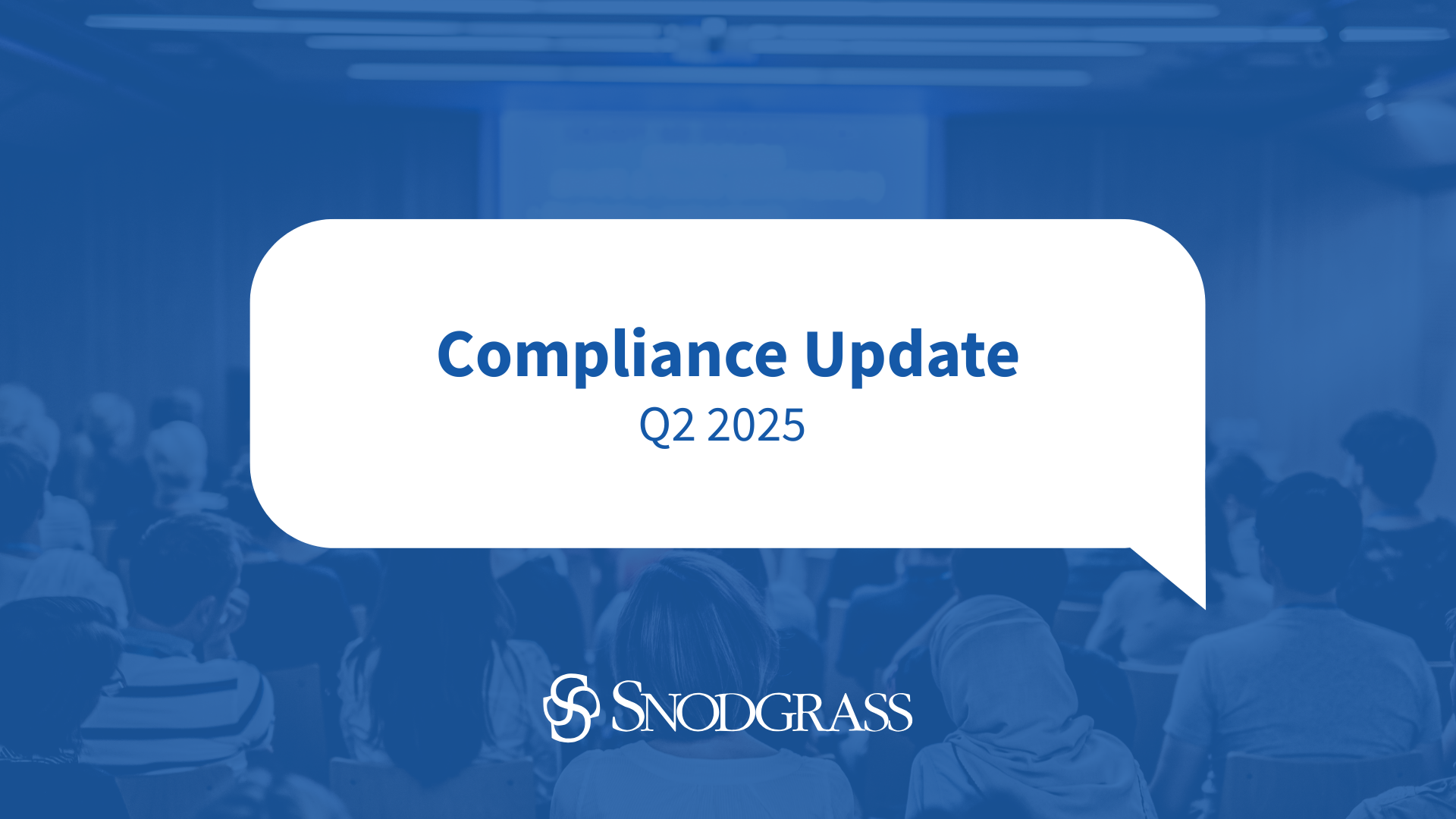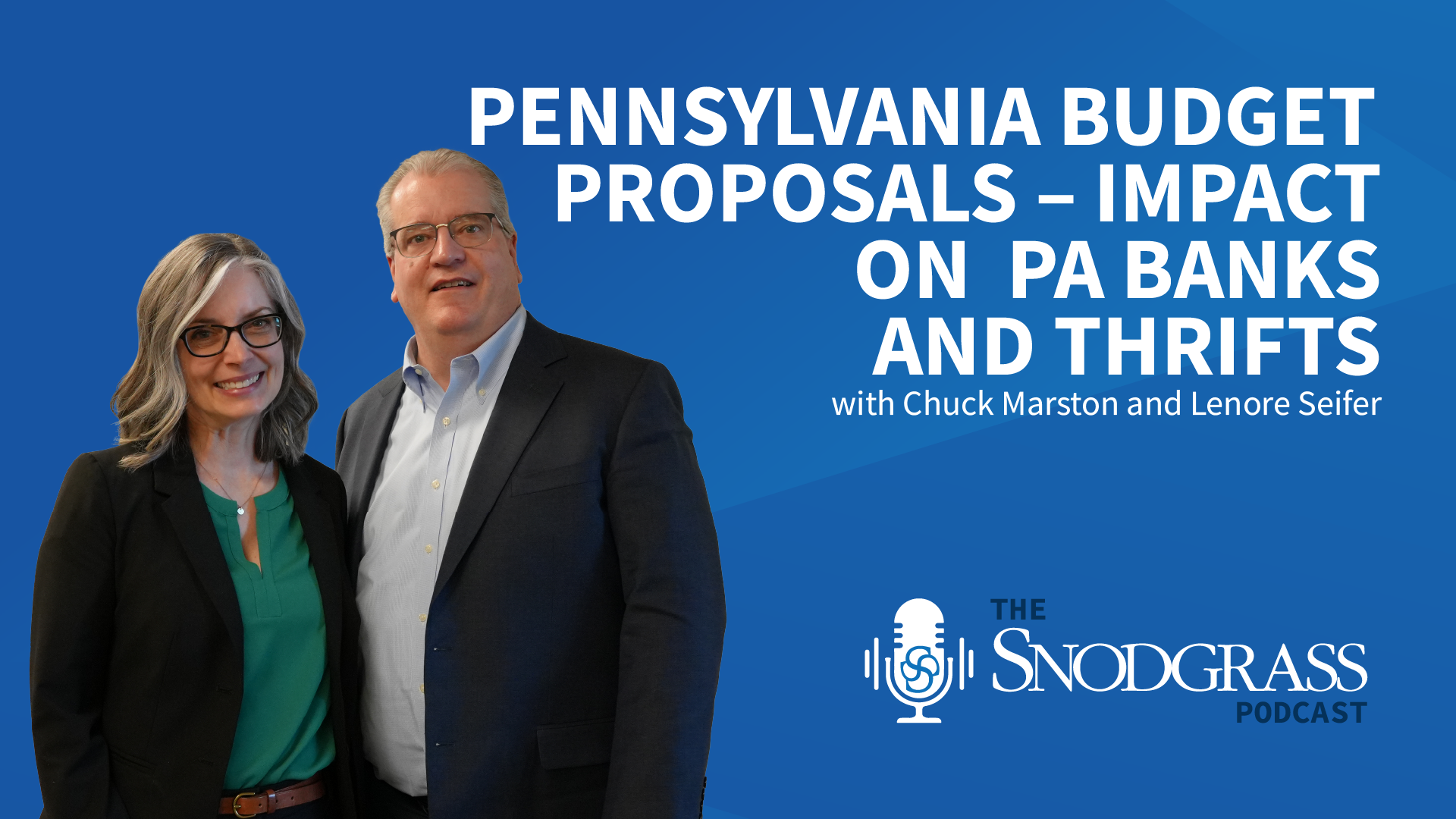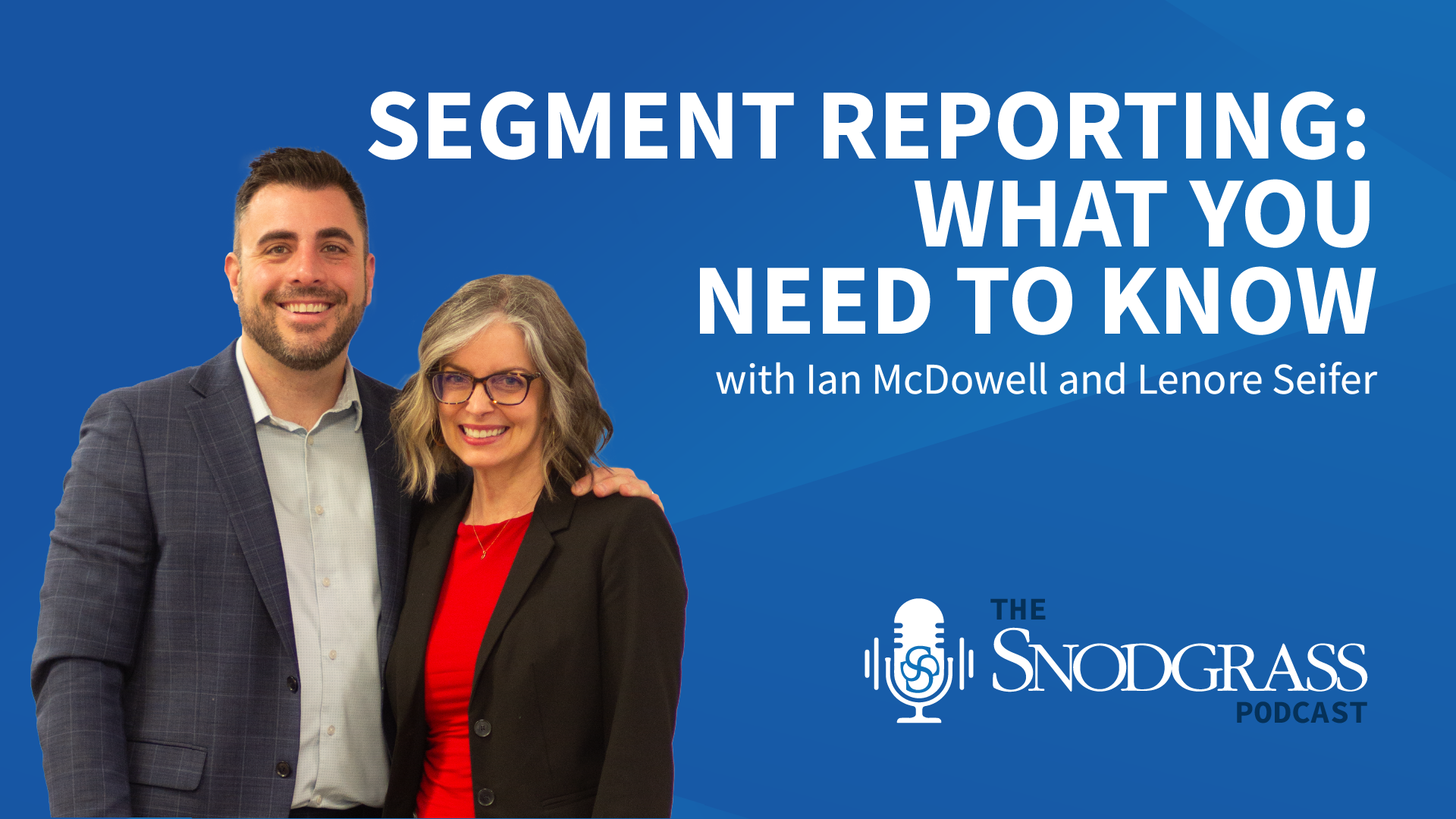Home Mortgage Disclosure Act (HMDA): Federal Financial Institutions Examination Council (FFIEC) Issues 2021 Version of A Guide to HMDA Reporting: Getting It Right!
The FFIEC has issued the 2021 edition of A Guide to HMDA Reporting: Getting It Right! for HMDA-related data collected in 2021 and reported in 2022. This compliance resource can help financial institutions better understand HMDA requirements, including the data collection and reporting provisions. A copy of the guide can be found on the FFIEC’s website, linked below.
A Guide to HMDA Reporting: Getting It Right! (Edition effective January 1, 2021)
https://www.fdic.gov/news/financial-institution-letters/2021/fil21021.html
Federal Reserve Board (FRB) Publishes Frequently Asked Questions (FAQs) Comprising Existing Legal Interpretations Related to a Number of the FRB’s Longstanding Regulations
On March 31, 2021, the FRB published FAQs comprising existing legal interpretations related to a number of the FRB’s longstanding regulations. The FAQs are intended to increase transparency and enhance accessibility to the FRB’s and its staff’s legal interpretations.
The FAQs include legal interpretations that have been formulated over time in response to specific requests related to each regulation. Each set includes significant existing interpretations of the regulation, including those found in FRB orders, letters to specific requestors, and other sources, as well as those not previously available in written form. Additional FAQs will be released periodically and posted on the FRB’s website, linked below.
Legal Interpretations FAQs of the FRB’s
Regulationshttps://www.federalreserve.gov/newsevents/pressreleases/bcreg20210331b.htm
Combined Final Rule on Brokered Deposits and Interest Rate Restrictions
The Federal Deposit Insurance Corporation (FDIC) finalized revisions to its regulations relating to the brokered deposits and interest rate restrictions that apply to less than well capitalized insured depository institutions. For brokered deposits, the final rule establishes a new framework for analyzing certain provisions of the “deposit broker” definition, including “placing deposits,” “facilitating the placement of deposits,” and “primary purpose.” For the interest rate restrictions, the FDIC amended its methodology for calculating the national rate, the national rate cap, and the local market rate cap. Further, the FDIC explained when non-maturity deposits are accepted and when non-maturity deposits are solicited for purposes of applying the brokered deposits and interest rate restrictions.
The final rule became effective April 1, 2021; full compliance with the revised brokered deposit regulation is extended to January 1, 2022.
https://www.fdic.gov/news/financial-institution-letters/2020/fil20113.html
Consumer Financial Protection Bureau (CFPB) Proposes Delay of Effective Date for Recent Debt Collection Rules
The CFPB issued a Notice of Proposed Rulemaking to delay by 60 days the effective date of two final rules issued under the Fair Debt Collection Practices Act. The debt collection rules, issued in late 2020, are scheduled to take effect on November 30, 2021. The CFPB is proposing to extend the effective date of both rules to January 29, 2022. The proposed delay would allow stakeholders affected by the pandemic additional time to review and implement the rules.
The first debt collection rule, issued in October 2020, focuses on the use of communications related to debt collection and clarifies prohibitions on harassment and abuse, false or misleading representations, and unfair practices by debt collectors when collecting consumer debt.
The second debt collection rule, issued in December 2020, clarifies disclosures debt collectors must provide to consumers at the beginning of collection communications. The rule also prohibits debt collectors from making threats to sue, or from suing, consumers on time-barred debt. The rule requires debt collectors to take specific steps to disclose the existence of a debt to consumers before reporting information about the debt to a consumer reporting agency.
The proposal will be open for comment for 30 days following publication in the Federal Register.
Read the text of the proposed rule.https://www.consumerfinance.gov/about-us/newsroom/cfpb-proposes-delay-of-effective-date-for-recent-debt-collection-rules/
Bank Secrecy Act (BSA): Agencies Address Model Risk Management for Bank Models and Systems Supporting BSA/Anti-Money Laundering (AML) and Office of Foreign Assets Control (OFAC) Compliance
On April 9, 2021, the FDIC, the Board of Governors of the Federal Reserve System, and the Office of the Comptroller of the Currency, in consultation with the Financial Crimes Enforcement Network and the National Credit Union Administration (collectively, the agencies), issued a joint statement to address industry questions regarding how the risk management principles described in the Supervisory Guidance on Model Risk Management (MRMG) relate to systems or models used by banks to assist in complying with BSA/AML requirements.
The agencies also published a request for information in the Federal Register that seeks information and comment on the extent to which the principles discussed in the MRMG support compliance by banks with BSA/AML and OFAC requirements.
Statement of Applicability to Institutions: This Financial Institution Letter applies to FDIC-supervised banks and savings associations.
https://www.fdic.gov/news/financial-institution-letters/2021/fil21027.html
Proposed Rule Regarding False Advertising, Misrepresentations about Insured Status, and Misuse of the FDIC’s Name or Logo
On April 22, 2021, the Board of Directors of the FDIC approved a notice of proposed rulemaking implementing its statutory authority to prohibit any person or organization from making misrepresentations about FDIC deposit insurance, or misusing the FDIC’s name or logo. The proposed rule is intended to provide transparency on the FDIC’s processes for investigating and resolving potential violations of these prohibitions. Comments on the proposed rule will be accepted for 60 days after publication in the Federal Register.
Statement of Applicability: This Financial Institution Letter applies to all FDIC-supervised financial institutions.
https://www.fdic.gov/news/financial-institution-letters/2021/fil21028.html
FRB Announces the Third Extension of a Rule to Bolster the Effectiveness of the Small Business Administration (SBA)’s Paycheck Protection Program (PPP)
On May 14, 2021, the FRB announced the third extension of a rule to bolster the effectiveness of the SBA’s PPP. Like the earlier extensions, this one will temporarily modify the FRB’s rules so that certain bank directors and shareholders can apply to their banks for PPP loans for their small businesses.
To prevent favoritism, the FRB limits the types and quantity of loans that bank directors, shareholders, officers, and businesses owned by these persons can receive from their affiliated banks. However, these limits have prevented some small business owners from accessing PPP loans—especially in rural areas.
The SBA clarified last year that PPP lenders can make PPP loans to businesses owned by their directors and certain shareholders, subject to certain limits, and without favoritism. The FRB’s rule extension will allow those individuals to apply for PPP loans, consistent with SBA’s rules and restrictions. The extension only applies to PPP loans.
The FRB is providing the rule extension for PPP loans made since March 31, 2021, and to allow banks to continue to make PPP loans to a broad range of small businesses within their communities. The SBA explicitly has prohibited banks from prioritizing or providing favorable processing time to PPP loan applications from a director or equity holder, and the FRB will administer the rule extension accordingly.
The rule extension, which is effective immediately, applies to PPP loans made from March 31, 2021, through June 30, 2021. The rule change will continue to apply if the PPP is extended, with the change ultimately sunsetting on March 31, 2022. Comments will be accepted for 45 days after publication in the Federal Register.
https://www.federalreserve.gov/newsevents/pressreleases/bcreg20210514a.htm
Community Reinvestment Act (CRA): Implementation of the June 2020 Final Rule
The Office of the Comptroller of the Currency (OCC) published in the Federal Register on June 5, 2020, a final rule (June 2020 rule) to modernize the agency’s regulations under the CRA. The OCC has determined that it will reconsider the June 2020 rule. While this reconsideration is ongoing, the OCC will not object to the suspension of the development of systems for, or other implementation of, provisions with a compliance date of January 1, 2023, or January 1, 2024, under the 2020 CRA rule. At this time, the OCC also does not plan to finalize the December 4, 2020, proposed rule that requested comment on an approach to determine the CRA evaluation measure benchmarks, retail lending distribution test thresholds, and community development minimums under the June 2020 rule. In addition, the OCC is discontinuing the CRA information collection pursuant to the Paperwork Reduction Act notice published in the Federal Register in December 2020.
Note for Community Banks: This bulletin applies to community banks subject to the CRA.
While this reconsideration is ongoing, the OCC will not implement or rely on the evaluation criteria in the June 2020 rule pertaining to:
- quantification of qualifying activities (12 CFR 25.07 and 25.08);
- assessment areas (12 CFR 25.09);
- general performance standards (12 CFR 25.10 through 25.13);
- data collection (12 CFR 25.21);
- recordkeeping (12 CFR 25.25); and
- reporting (12 CFR 25.26).
https://www.occ.gov/news-issuances/bulletins/2021/bulletin-2021-24.html
CFPB Adds Escrow FAQs
The CFPB has added four categories of escrow FAQs to its Mortgage Servicing webpage. The four categories include General; Escrow Account Analysis; Deficiencies, Shortages, and Surpluses; and Public Guidance Documents.
OCC Report Examines Key Risks, Effects of COVID-19 Pandemic on Federal Banking System
On May 18, 2021, the OCC reported the key issues facing the federal banking system and the effects of the COVID-19 pandemic on the federal banking industry in its Semiannual Risk Perspective for Spring 2021.
Banks maintained sound capital and liquidity levels, but profitability remains stressed due to low interest rates and low loan growth. The OCC highlighted credit, strategic, operational, and compliance risks, among the key risk themes in the report. Highlights from the report include:
- Credit risk is elevated and transitioning as the economic downturn continues to affect some borrowers’ ability to service debts. Assistance programs and federal, state, and local stimulus programs have suppressed past-due levels.
- Strategic risk associated with banks’ management of net interest margin compression and efforts to improve earnings is elevated. Banks attempting to improve earnings may implement measures, including cost cutting, increasing credit risk (both credit and investments) or extending duration.
- Operational risk is elevated due to a complex operating environment and increasing cybersecurity threats.
- Compliance risk is elevated as banks’ expedited efforts to implement assistance programs continue to challenge established change management, product, and service risk management practices.
The report also highlights the low interest rate environment as a special topic in emerging risks.
The report covers risks facing national banks and federal savings associations based on data as of December 31, 2020. The report presents information in five main areas: the operating environment, bank performance, special topics in emerging risk, trends in key risks, and supervisory actions. It focuses on issues that pose threats to those financial institutions regulated by the OCC and is intended as a resource to the industry, examiners, and the public.
https://www.occ.gov/news-issuances/news-releases/2021/nr-occ-2021-55.html
CFPB Releases Statement on Impact of the Juneteenth National Independence Day Federal Holiday on Residential Mortgage Closings
The CFPB released a statement on June 18, 2021, recognizing the concerns regarding implementation of the new Juneteenth federal holiday, as it related to mortgage lender compliance with the Truth in Lending Act (TILA) and TILA-RESPA Integrated Disclosure (TRID) timing requirements. The CFPB recognizes some lenders did not have sufficient time after the declaration of the federal holiday to consider whether and how to adjust closing timelines.
The statement indicates the TILA and TRID requirements generally protect creditors from liability for bona fide errors and permit redisclosure after closing to correct errors, and any guidance issued by the CFPB would take the limited implementation period before the holiday into account.
If you have questions about this update, please contact Frank Antiga at fantiga@srsnodgrass.com, Michael Caparoula at mcaparoula@srsnodgrass.com, Shawn Kaciubij at skaciubij@srsnodgrass.com, or Tim Schofer at tschofer@srsnodgrass.com or 724-934-0344.



